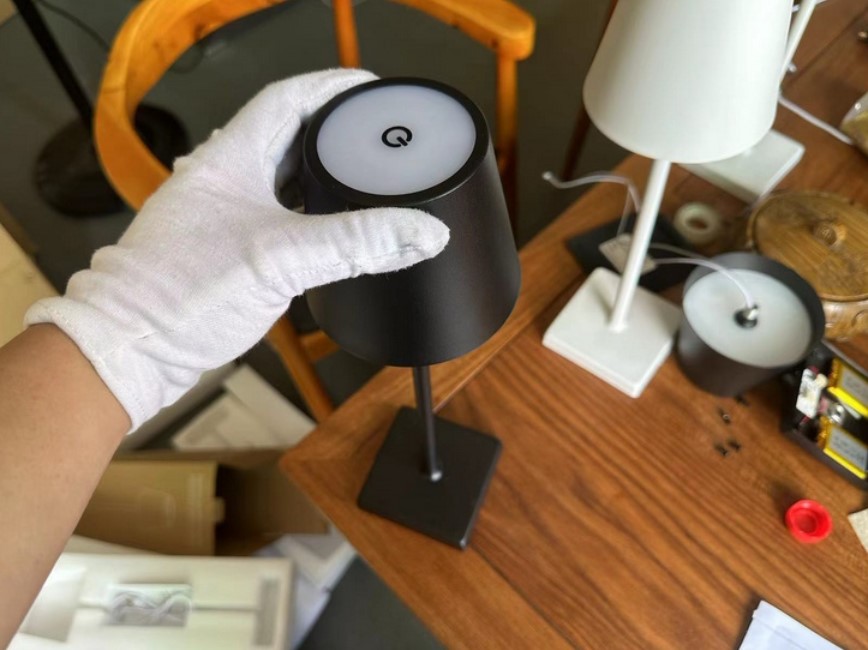
Initial Production Check
Case Study - A Tightening Resolution
Asia quality control
This product inspection case involved small desk lamps. During testing, the inspector unexpectedly discovered a critical issue: the lampshade and connecting rod could rotate easily. This raised concerns because the product specifications stated that these parts should be sturdy and not come loose. Faced with this problem, the inspector decided to document it carefully and subsequently informed the factory.
The factory's manager promptly came to personally inspect and indeed found the problem with the product. Subsequently, the production supervisor explained that this looseness was intentional to make future repairs easier. They believed it was a normal occurrence and should not be considered a problem.
However, the inspector pointed out that the customer explicitly required the product to be firm and not prone to looseness. Yet, this product could rotate easily, giving the impression of instability. Moreover, this looseness could lead to the lampshade falling off potentially, which did not meet the customer's requirements.
The factory manager and production supervisor attempted to explain their design reasons and to prevent the inspector from writing the problem into the report. They brought engineers and designers to convince the inspector. They even threatened to complain about the inspector, claiming the factory would not accept the inspector treating this as a problem.
The inspector, without hesitation, took a lampshade and easily rotated it a few times in front of the factory representatives. After the third rotation, the lampshade fell off. The inspector asked them whether this was a normal product. It was an unqualified product due to improperly tightened screws causing the looseness.
The inspector simply faithfully reported the problem to the customer, backed by clear photos and videos as evidence. The customer would make judgments based on this material. In the end, facts spoke louder than words, and the factory had to acknowledge the problem's existence and commence reworking the product. This case once again demonstrates the professionalism of inspectors who, armed with real data and a firm attitude, defend product quality and ensure the customer's interests are not compromised.
- Case Study - Ensuring Product Safety in Plush Toys: A Critical Quality Intervention
- How to Choose the Right China Product Inspection Service for Your Business
- How Product Inspection Can Be Benefitting In Every Way?
- Case Study - A Tightening Resolution
- Case Study - The Significance of Quality Control and Effective Communication: Unveiling the Story Behind Transparency Issue
- HKQ.C. Center: Your Trusted Quality Control Inspection Services Partner
- Quality Control Inspection Services
- The Importance of Quality Control in Asian Industries

